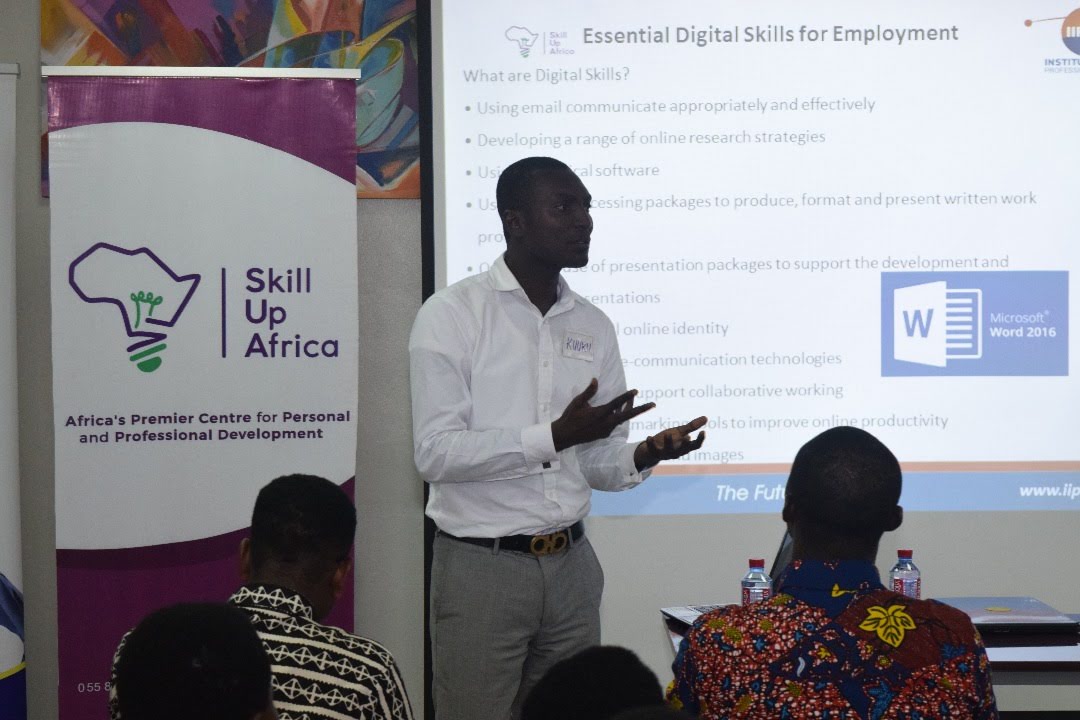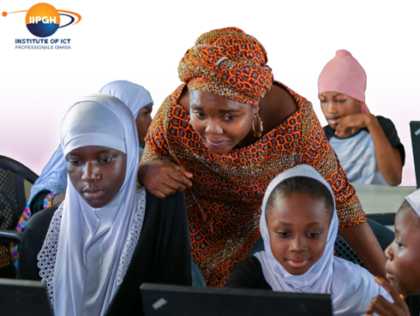The African Continental Free Trade Agreement (AfCFTA) will bring all the 55 member states of the African Union together. The free trade area will as a result, cover a market of 1.2 billion people with a gross domestic product of more than US $3.4 trillion. In a comparative perspective, Africa will be likened to huge countries such as China, India and USA. The AfCFTA will be the largest free trade area since the inception of the World Trade Centre.
For thirty years, China’s economy has experienced massive growth. Though the adoption of a mixed economy (capitalism and command economy) has been a significant driver of growth, it is a well-established fact that, their large population has also contributed enormously. China is almost one fifth of the world.
Some of the main objectives of the AfCFTA is to create a single market for trade (goods and services) and to allow the free movement of people, goods and investment. A single continental market will accelerate intra-African trade and reduce political barriers to trade, through the establishment of the Customs Union. Competitiveness at the enterprise level will be enhanced, and so will opportunities to scale and allocate resources appropriately.
Unfortunately, this free trade area also poses some great risks for our trade and retail industry. The retail industry is dominated by Small and Medium sized Enterprises (SME). Given that, consumer spending in Africa is largely concentrated in the informal sector, a small proportion of retailers account for a disproportionate amount of sales income. There is certainly room for growth. Yet, AfCFTA threatens the realization of this growth. Efficiently utilizing the advantages of the AfCFTA will require some level of resources. More than 90% of these traders do not have the capacity. For instance, how can a typical retailer with a capital of USD $2000 to USD $10,000 fully grab the opportunities created through the single continental market?
Unless, of course, he is operating efficiently and has a way of reaching out to the other parts of the market with very little financing. Sadly, the typical African retailer has almost no knowledge about efficient shop management practices; neither does this retailer have the digital literacy, which is the only other way to scale into other countries with inadequate capital.
We cannot over emphasize the importance of digital literacy. Without digital literacy, every good intended decision and action will be planted seeds of our own woes. We may be caught in the trap of running in circles and not achieving any substantial outcome as a continent. Digital literacy will be the reason why these retail giants (who form less than 10% of the industry) will not be able to compete out these disadvantaged SME retailers.
Can we take our time and wait for these SME retailers to catch up? No! Every day that passes by without putting in our maximum efforts widens the income inequality gap. A retailer loses business; an African is ripped off a decent work and economic growth; a family loses its source of income; poverty is aggravated. The average African retailer should be well empowered to use technology to expand his market opportunity and to improve his business. Key stakeholders of the retail industry need to rise up! Citizens need to amplify their efforts. Folding our arms, sitting back and leaving digital literacy to chance is a way of consenting to the unfair financial disparity.
Let us also not forget that, the continent was never dealt with fairly, to begin with. Africa is still struggling with extracting value from the world’s ‘free’ markets, regardless of the fact that natural resources and ideas were never an issue domestically. Take chocolate – 75% of all the cocoa produced in the world come from Africa and yet, we only receive 5% of the annual revenue, that is USD $5 billion of USD $100 billion.
As a share of Africa’s total economy, consumer spending is now the fastest-growing source of demand, compared to government and business spending, and this trend is projected to continue through 2030. Interestingly, by 2030 the population of Africa is estimated to have surpassed that of either India or China. In light of these projections, even the most conservative estimates expect the value of consumer spending in Africa to surpass US $2 trillion within the next few years—an increase of more than 30% from 2015 levels (Landry Signe, 2018).
In today’s world, customers are increasingly defining how retailers run their businesses. The retail industry is evolving at a faster and faster rate of change. Technology innovations, changing consumer behaviour and attitudes are all playing their part in changing the face of retail, as we know it. Winning retailers will own demand-driven business models and will have a great exposure to technology. The setting up of the AfCFTA will aggravate the situation.
We need to devise means of educating our retailers on enhancing their businesses with technology. For instance, equipping them with web browsing skills, use of search engines, email, text, and evaluating online resources. They contribute to almost a quarter of all the money made in Africa. They really matter!
Author: Awura Abena Amponsah (Co-founder, Sumundi Limited)
(Member, Institute of ICT Professionals, Ghana)
For comments, contact awura@sumundi.com or Mobile: 0541952025





